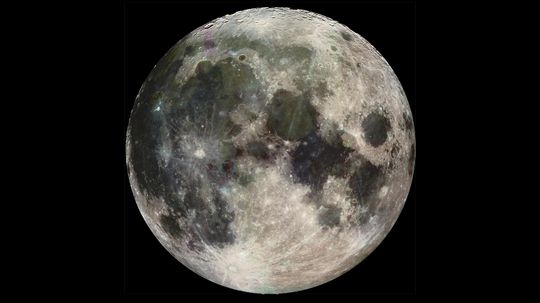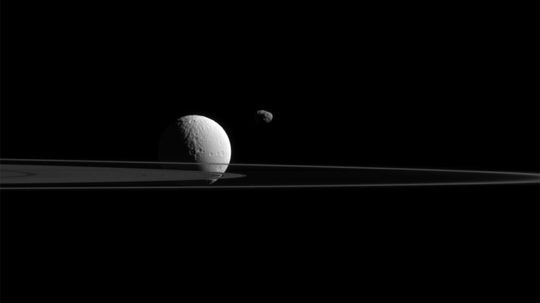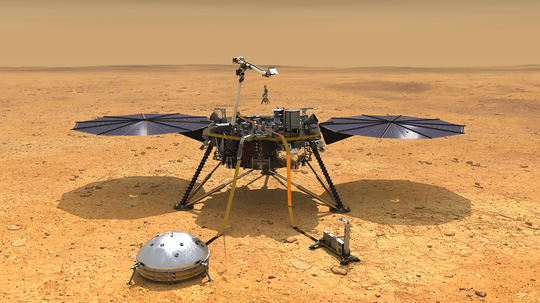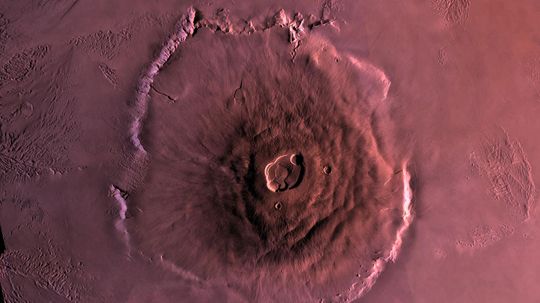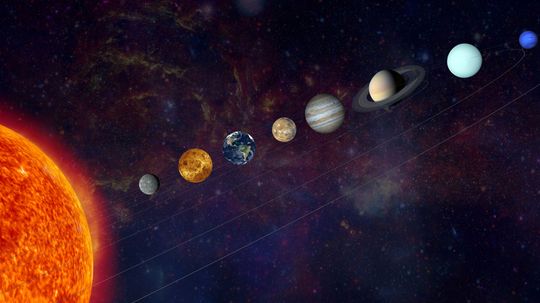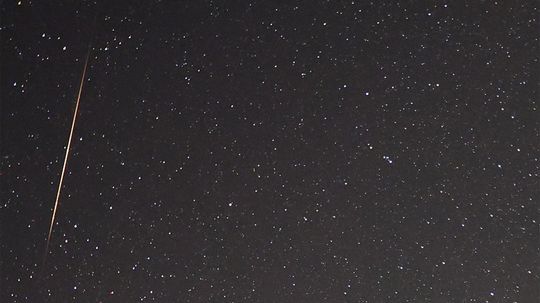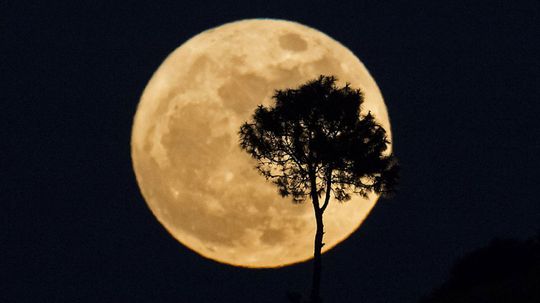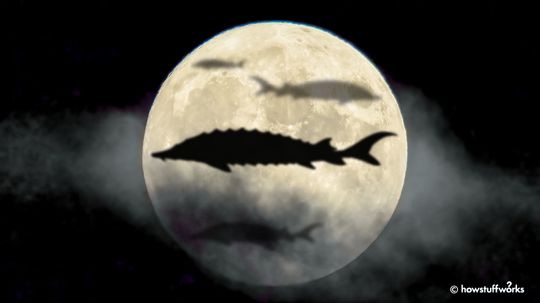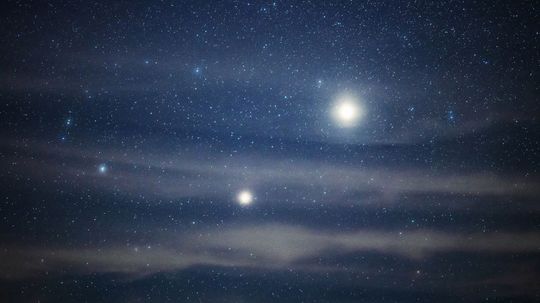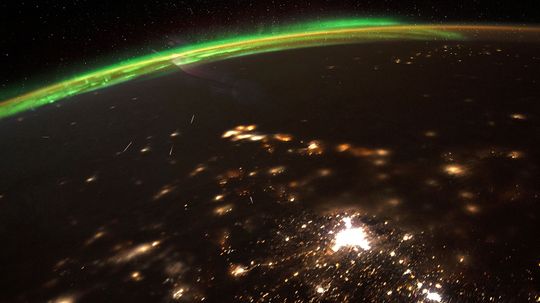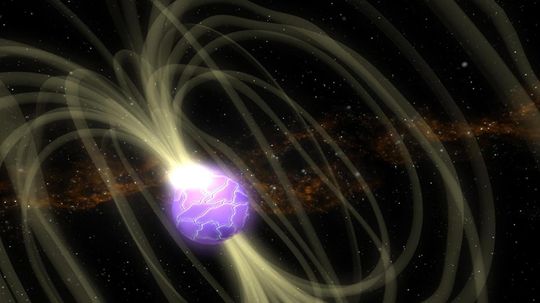The Solar System
In the Solar System Channel, you can explore the planets and celestial objects around our own sun. Learn about topics such as Mars, Jupiter and the Moon.
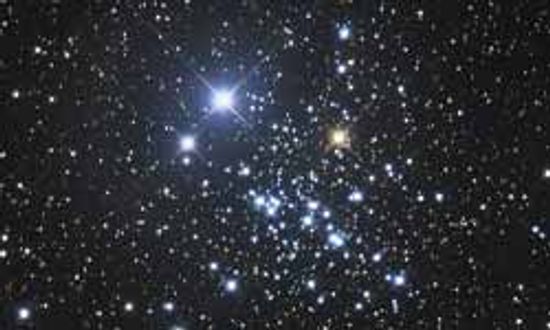
Constellation Pictures
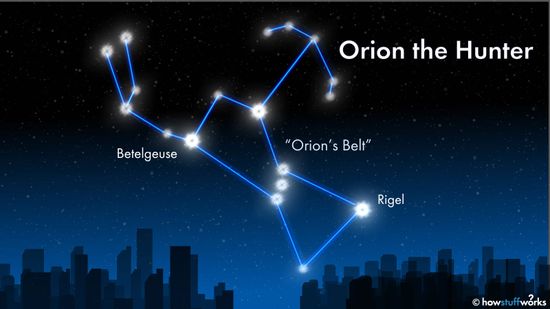
How to Find Orion's Belt in the Night Sky
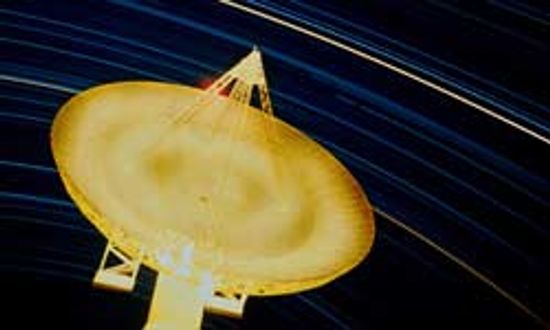
Radio Telescope Image Gallery
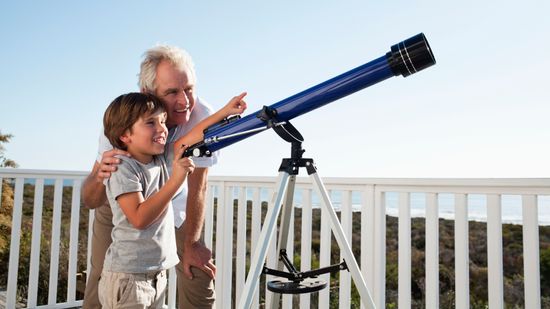
How do I build a telescope at home?
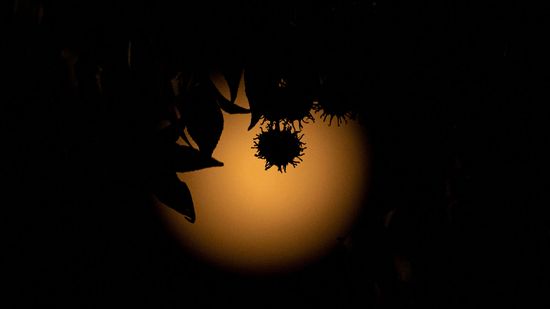
Shooting the Stars as an Astrophotographer
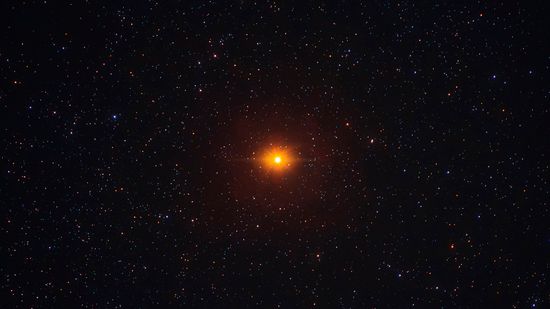
The Largest Star in the Universe Is 1,700x Bigger Than Our Sun
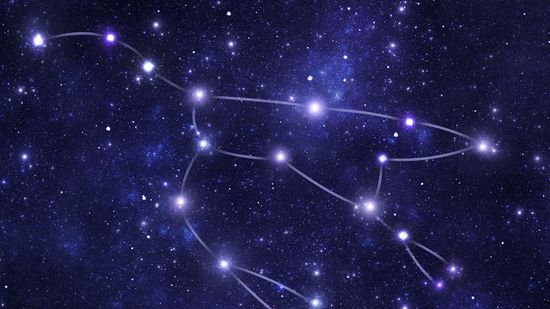
Twinkle, Twinkle: The Ultimate Stars Quiz

White Dwarfs Can Shred Planets to Pieces
Learn More / Page 6
The idea behind the "fake" moon is to provide extra illumination to Chengdu, a city in China's Sichuan province. What could possibly go wrong?
By Mark Mancini
Advertisement
After cruising 300 million miles and spending seven months in space, the InSight spacecraft successfully touched down on Mars' surface. How awesome is that?
Many people dream of climbing Mount Everest, but what if you could scale the highest mountain in the solar system? That one is more than twice as tall as Everest! So, where is it?
If you imagine the eight major planets in a single line stretching out from the sun, this alignment occurs roughly every 13.4 trillion years. And our solar system is 4.5 billion years old.
The Tau Herculids meteor shower was made of debris from the broken comet SW3 and produced a lot of shooting stars, but not quite the meteor shower that was hoped for.
Advertisement
It's a bird, it's a plane, it's a supermoon! Aside from being bigger and brighter than a regular moon, does a supermoon affect anything on Earth?
The August 2023 full moon is known as the sturgeon moon. This year, it's also a supermoon and will be followed by a blue moon at the end of the month!
You might call it a Christmas miracle. Jupiter and Saturn will align so closely they may look like a double planet. The last time we saw this was in 1226.
The Quadrantids are a short but powerful meteor shower that shows up in early January. How can you glimpse it?
Advertisement
A magnetar is a neutron star with a super-strong magnetic field. Astronomers consider them among the scariest objects in the universe, but why?
